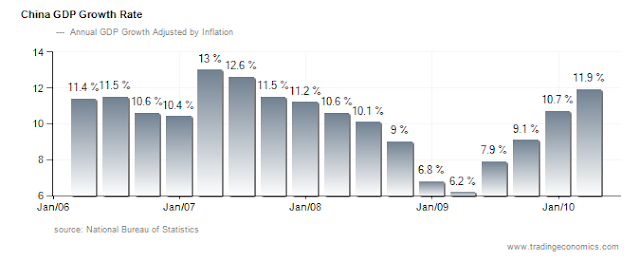"Behind every revolution is an idea and ideas are bulletproof" - from V for Vendetta
In his death, Salman Taseer, the late Governor of the Pakistani Punjab, has sadly shown how hasty ideas of a few men can have lethal consequences. The argument in mags/dailies that the majority of the people are good in Pakistan is a useless argument because it misses the point. Human beings are fundamentally good. It takes ideas and convictions to make them do repugnant things.
What is the idea here? The idea is the flawed premise of Pakistan's creation. After 64 years the fatal flaw is still asking for a resolution. What we are seeing now are the results of a lot of actors fishing in the muddy waters of Lake Pakistan.
Quick Summary: Partition of India had an economic (for non-feudals) and muslim entitlement (for feudals basis. It was given a religious coat to garner support. What is happening now is the resulting confusion in identity as people don't know how to define themselves after 64 years.
Jinnah's Pakistan: The Aligarh Narrative
Always an amusing idea at best, Jinnah's Pakistan was always rhetoric. Pakistan was and still remains the artificial construct of a "threatened" Northern Indian Muslim Gentry. Jinnah was merely a mask or a democratic token. The intellectual crucible was the Aligarh Muslim University while the landed gentry hopped on to the bandwagon later with ample British aid. While Jinnah's intellectual stature and ability et al is not under question, What should be questioned and indeed dismissed is the fond idea that somehow his idea of a Pakistan was correct and but for the crazies, it would have been a land of Milk and Honey.
Want to deny that Jinnah's idea was flawed? look around and proof screams (feudalism for starters) at us from every direction. allegorically, I can deny that I have fever, but if every thermometer persistently shows 104 F, then something is wrong isn't it.
Sorry folks, as george carlin says, we have been had. Jinnah and the Brits conveniently fed each other from 1936 onwards and rewarded India with a parting kick in the teeth in 1946-47. The screw up of 1946 has delivered the jihadi offspring of the 1980s-present.
So Why is Jinnah wrong?
Simply put the concept of a Islamic Democratic State (or for that matter a Hindu or Jewish or Christian Democratic State) is an oxymoron. This is especially true of Abrahamic faiths which are by definition the very opposite of democracy. Jinnah found that before he died in 1948.
Pakistan was meant to be a paradise for feudal land owning people of semi-royal/royal descent. The awam were merely useful critical mass. The proof is in the pudding today as Pakistan still remains a overwhelmingly feudal society (hopefully the floods change that) where the state exists just to protect the 100-150 odd richest families....
Now, to the other Pakistan is causing all the heartburn today..
Maulana Maududi: The Islamic (Deobandi and Jamat) Narrative
The funniest and possibly the most cruel irony comes from Mr. Maududi. Founder of the Jamat-e-Islami, he was fiercely opposed to Pakistan and called Jinnah all sorts of unprintable names. His point was that a 'secular Islamic state' was a blaspehemy. The Deobandis were opposed to modernity while Jamat thought it was a blasphemous...
Indeed, when MK Gandhi coopted the Islamic clergy under the 'Khilafat' movement to oppose the British, he was chided by Jinnah for involving religious elements. To his credit, Jinnah told Gandhi not to bring “unwholesome elements into public life”This was circa 1918-1920. But the creation of a ideological state provided the JUI and assorted riff-raff the ammunition to take over the state under the garb of faith. Opposed to its creation Maududian ideology took over Pakistan and suddenly these chaps were positioning themselves as the protectors of the citadel of Islam.
to be continued in Part II: 1953-2011: The oxymoron goes to work


























